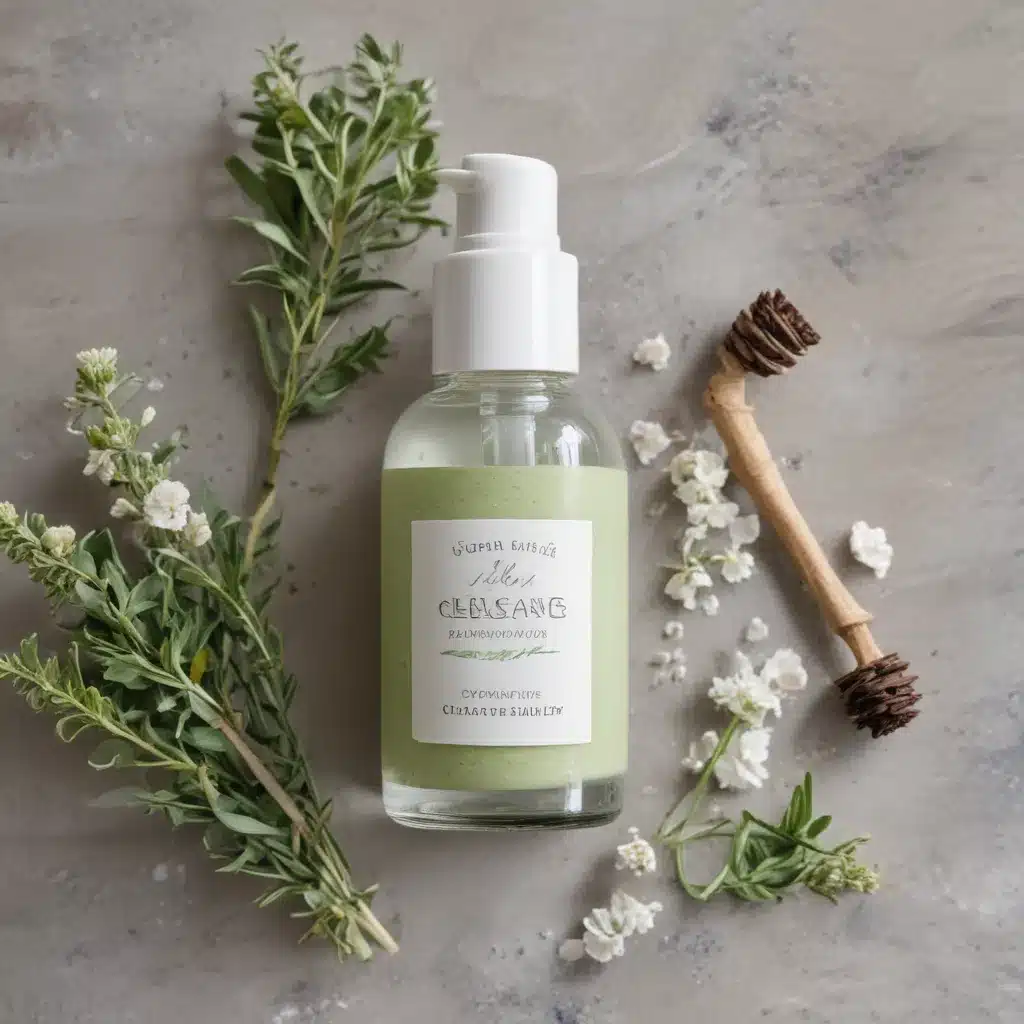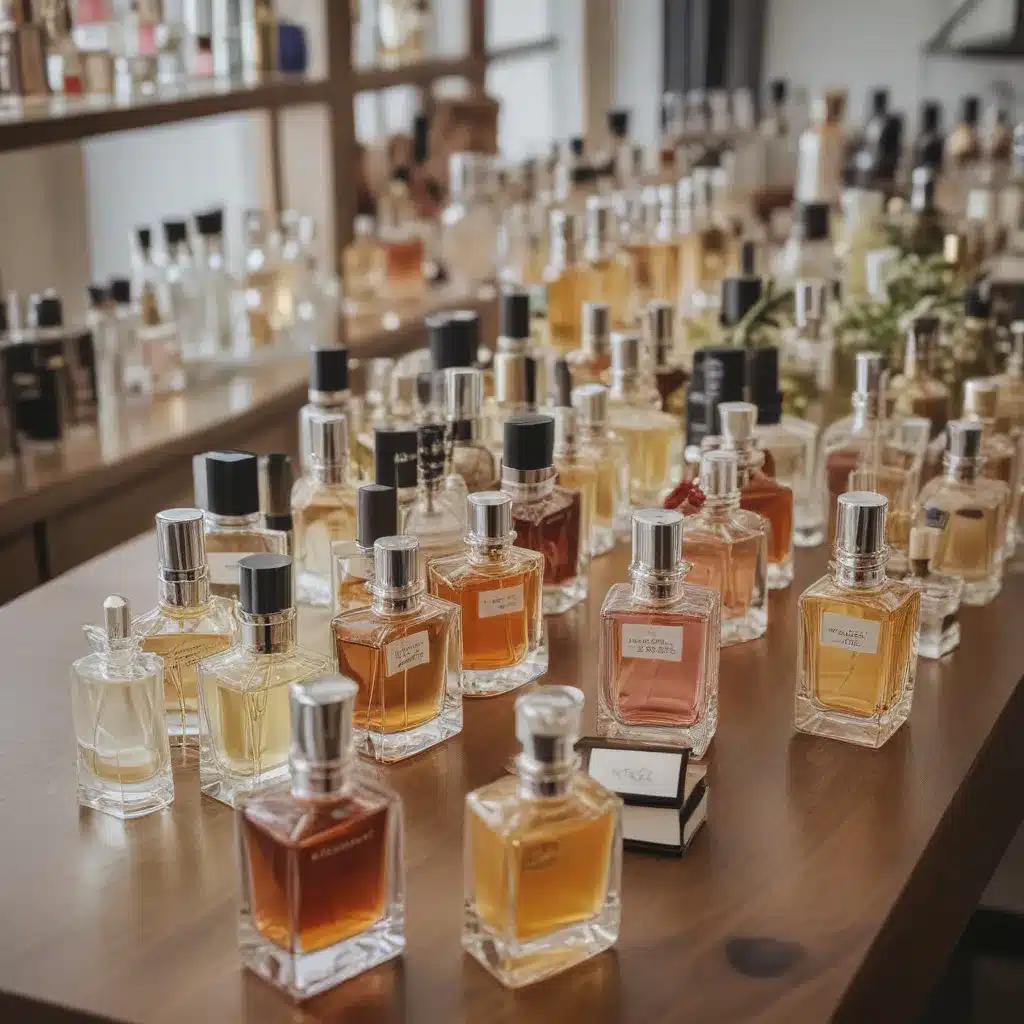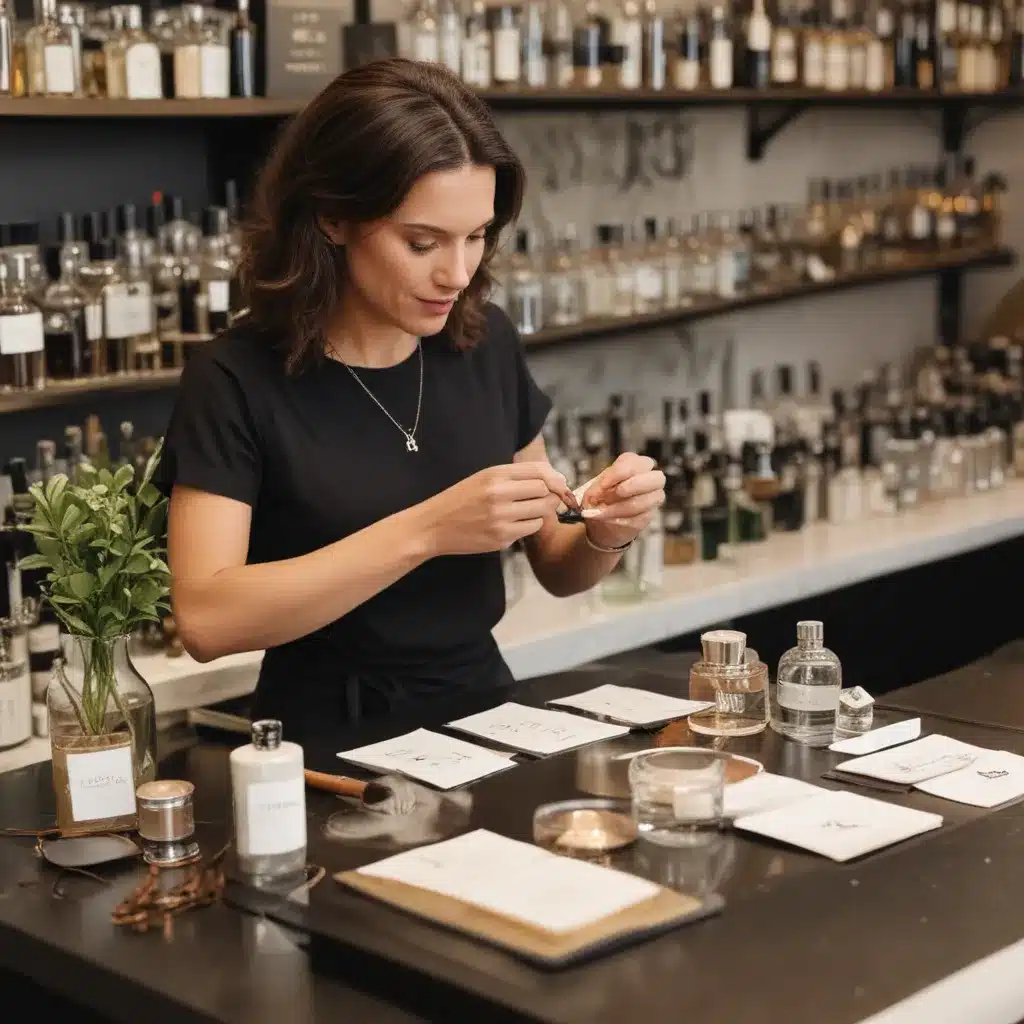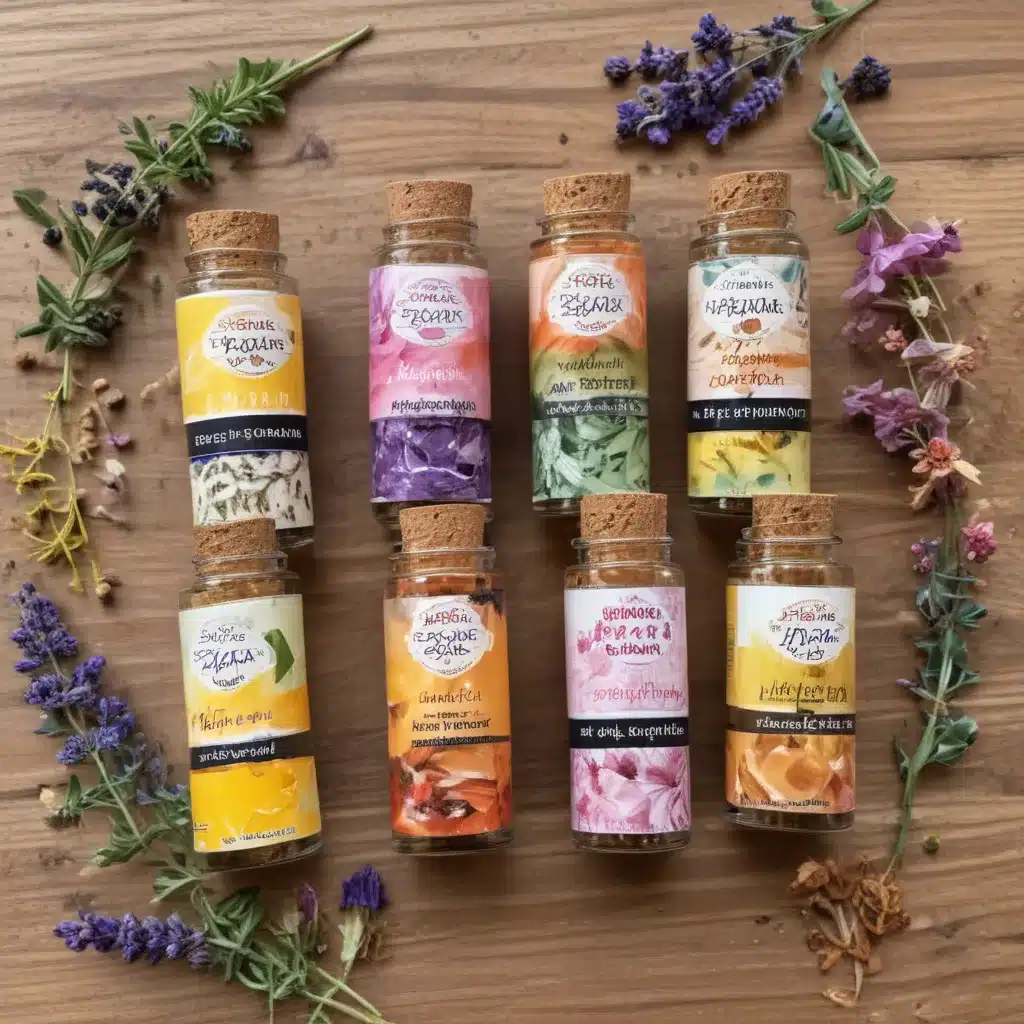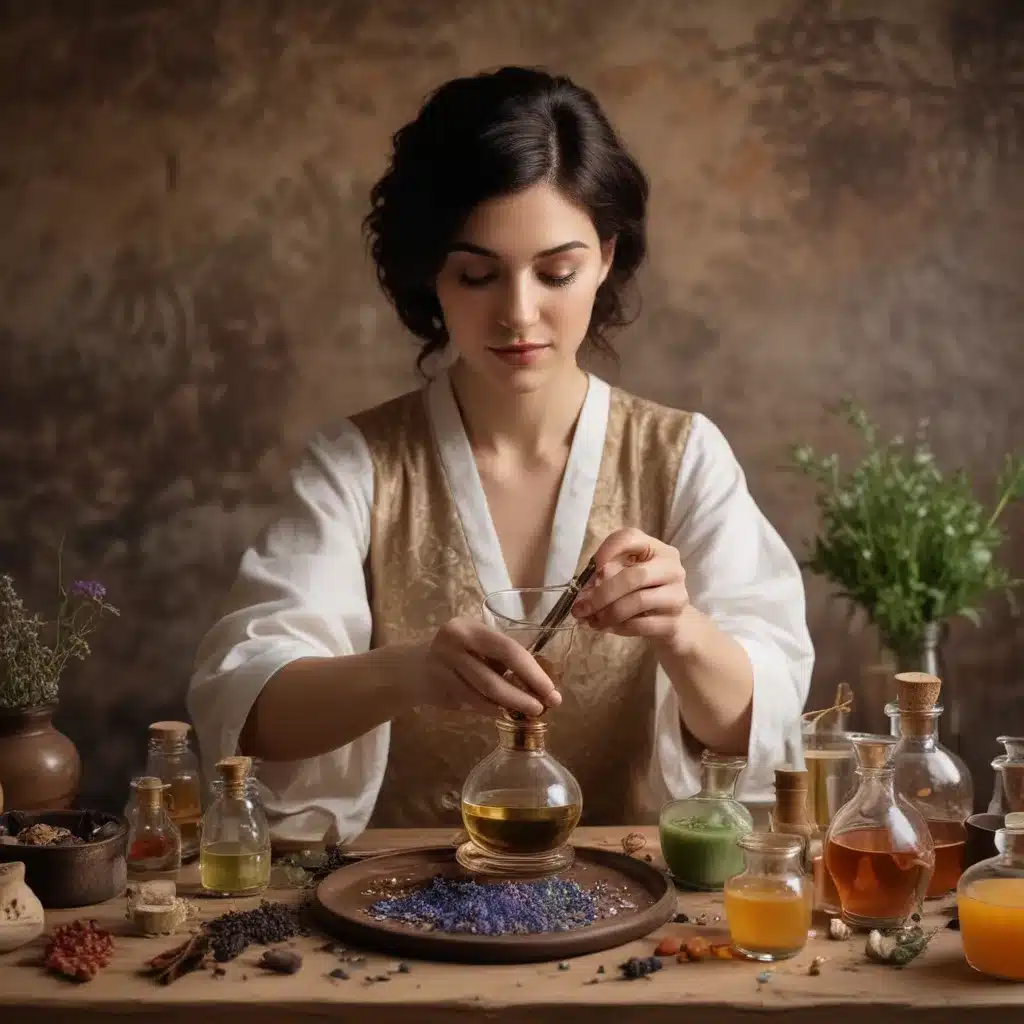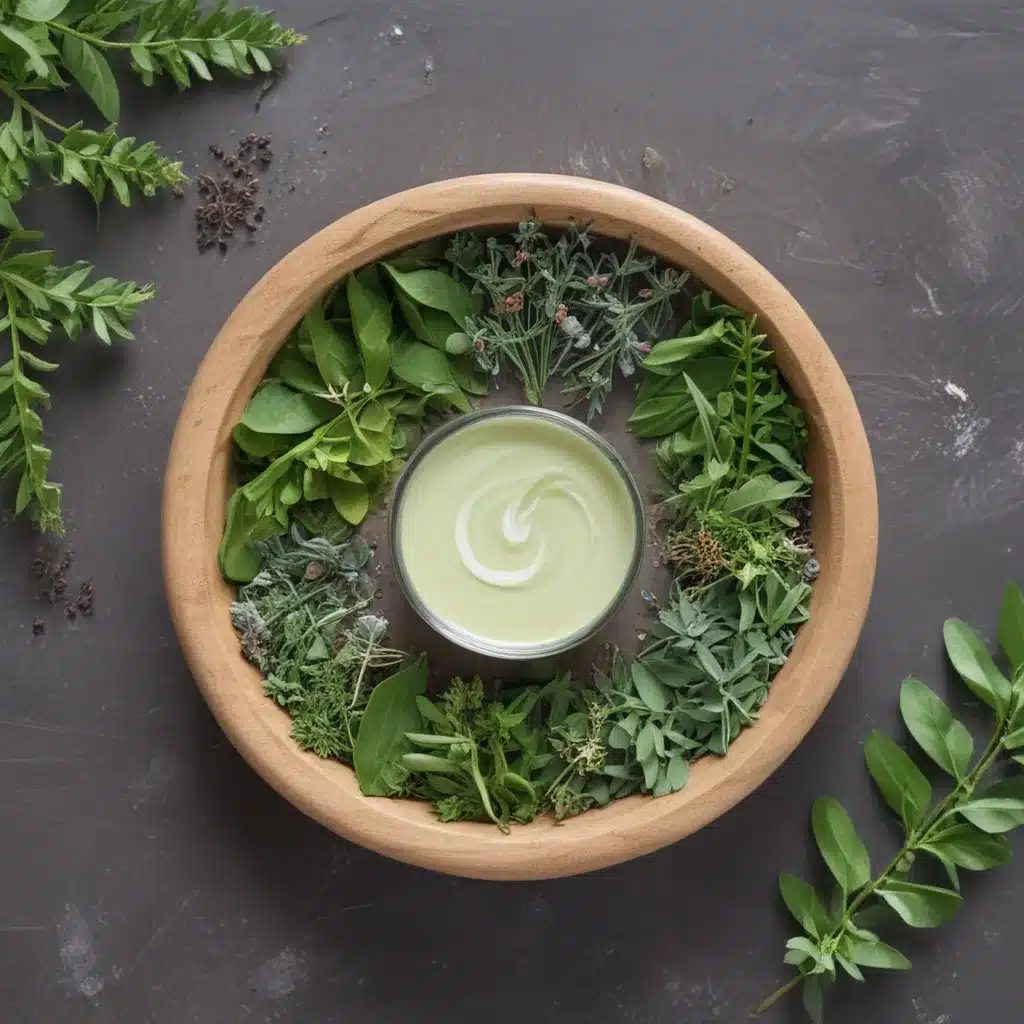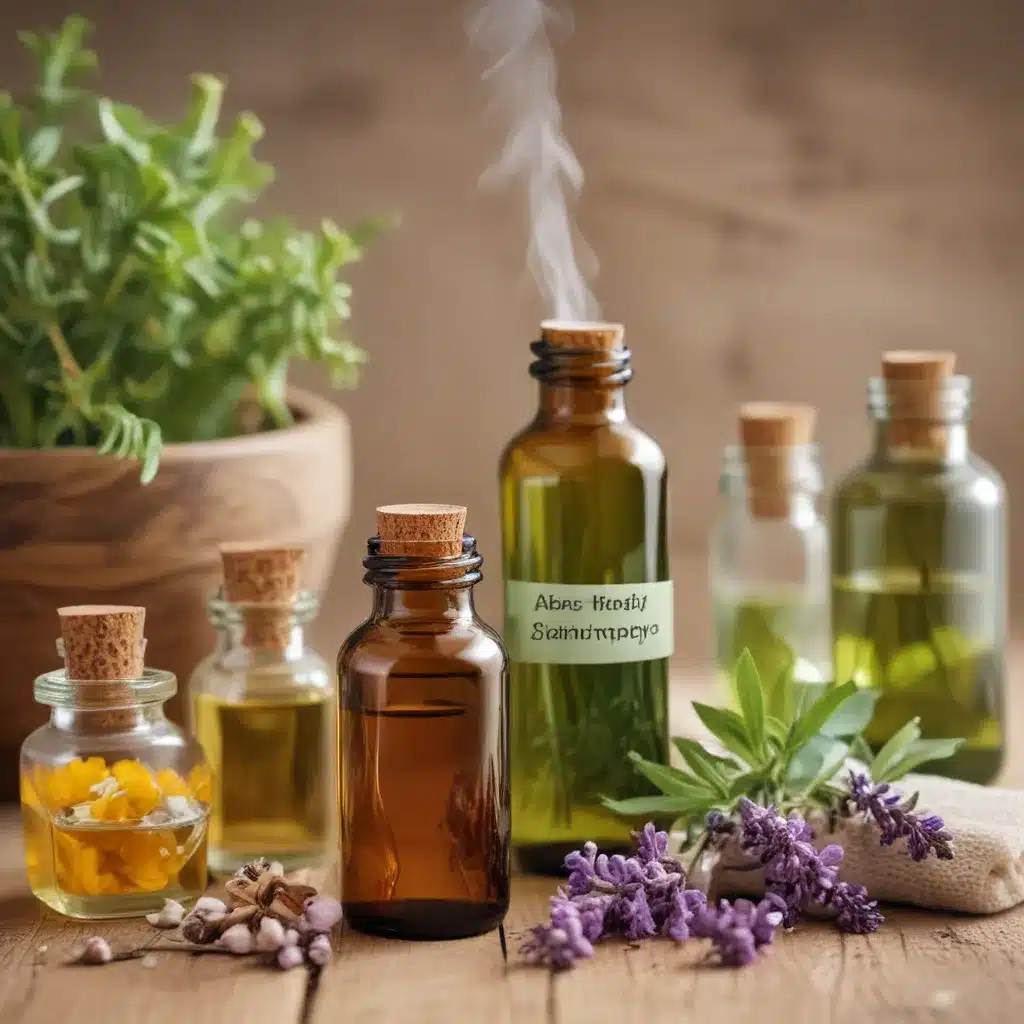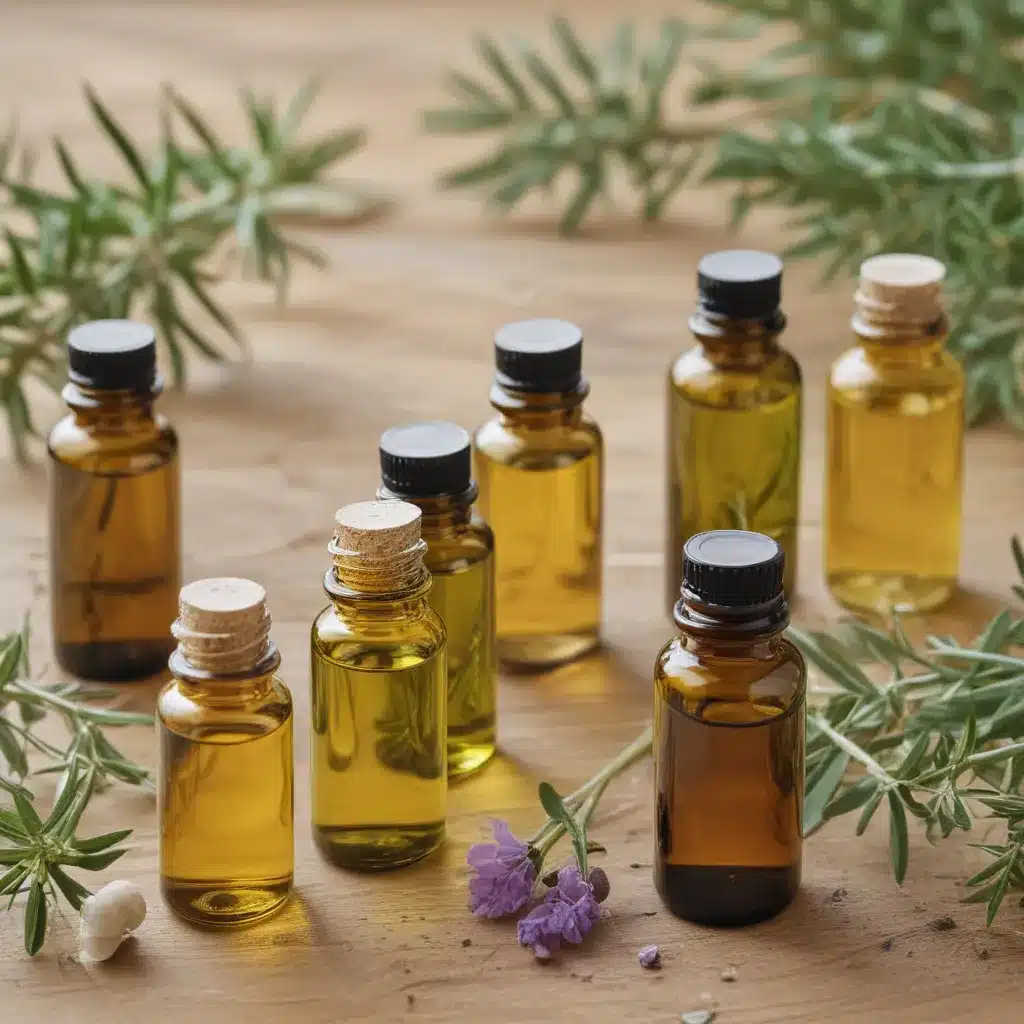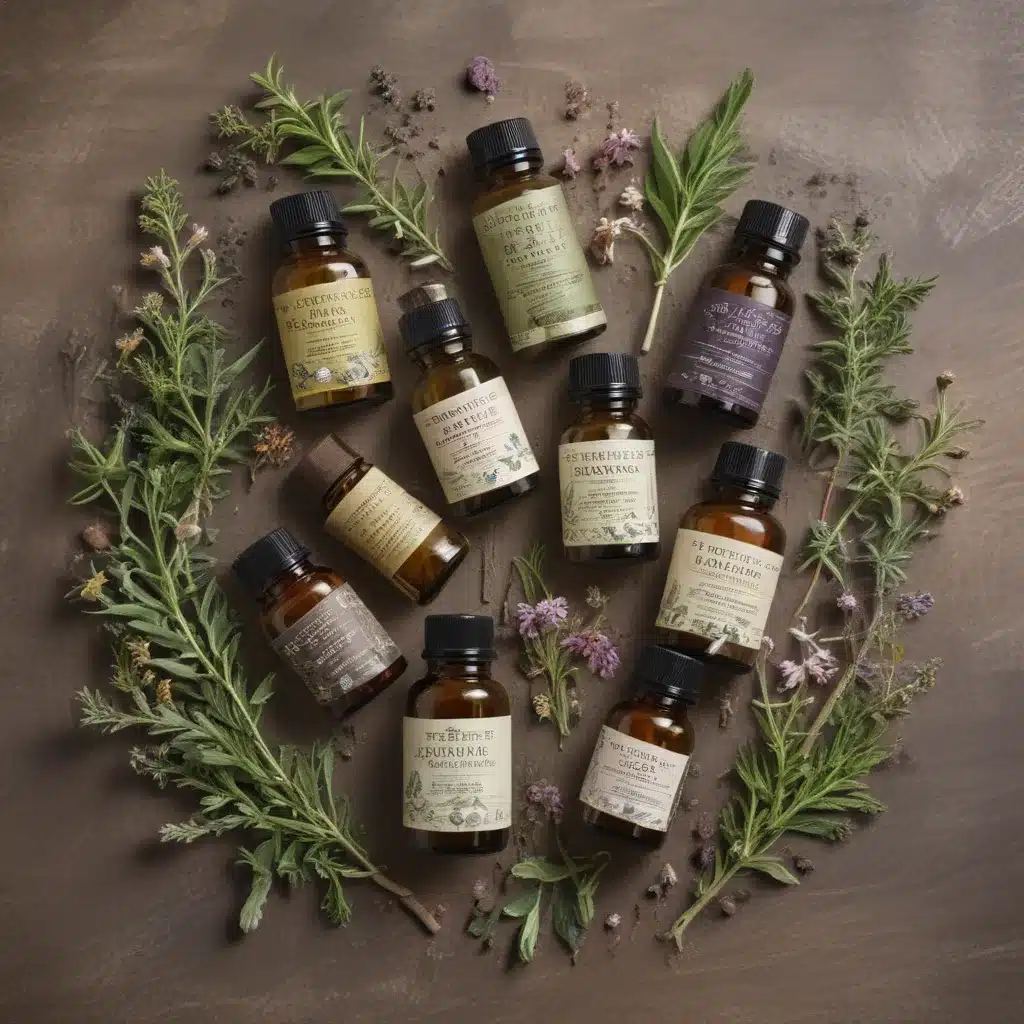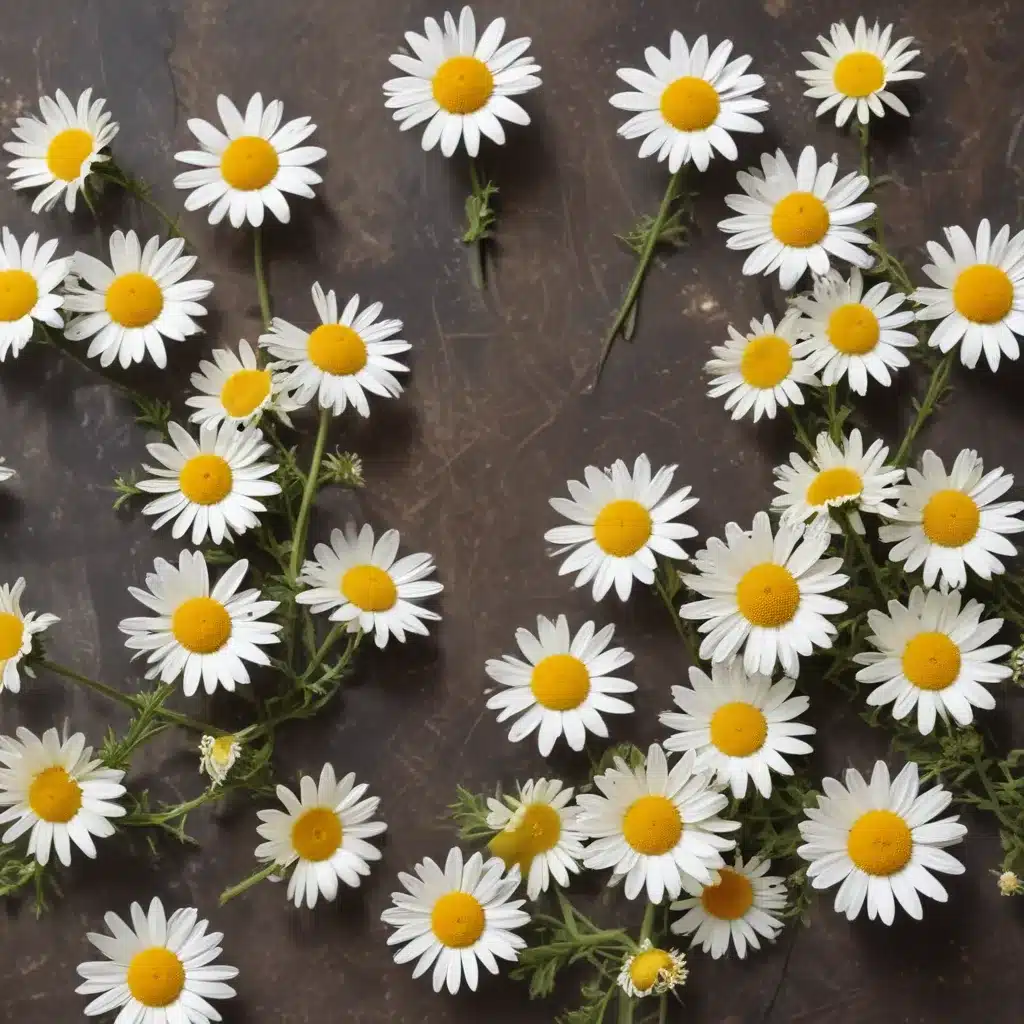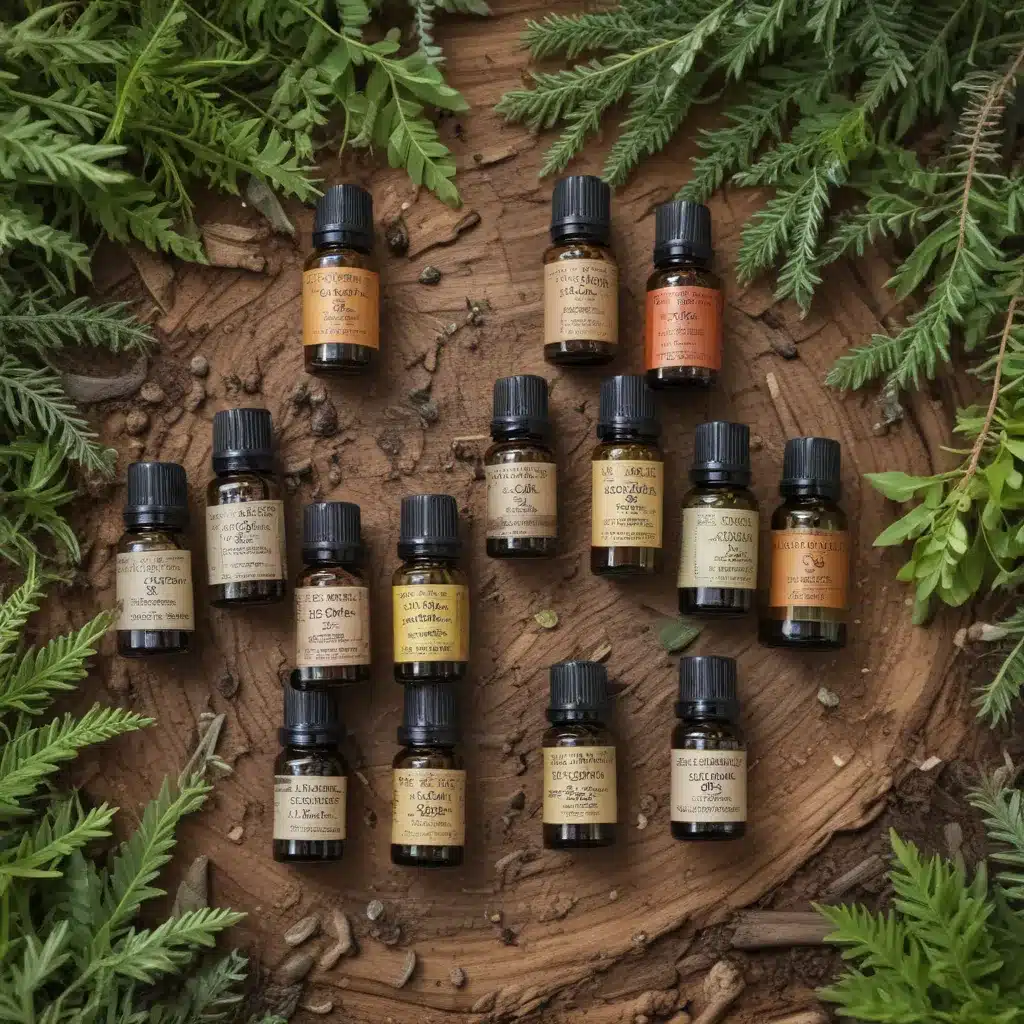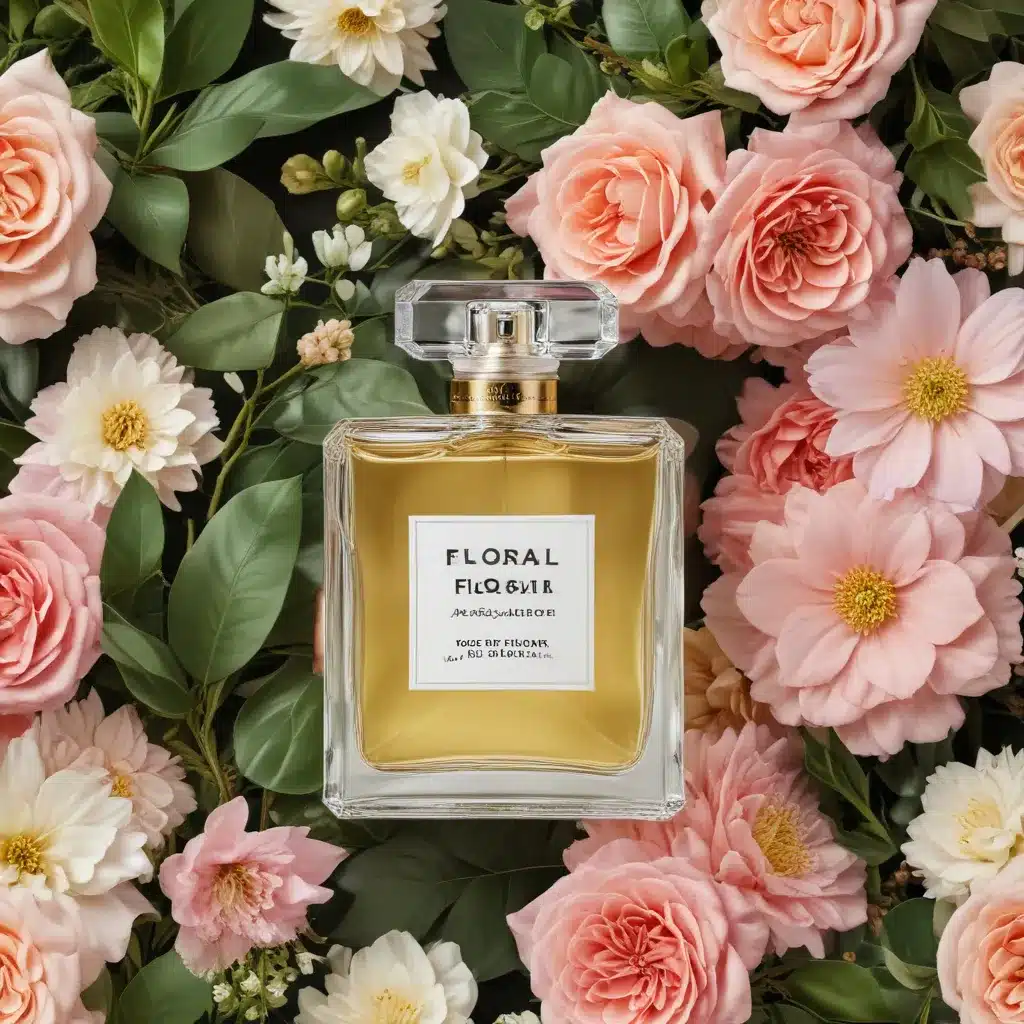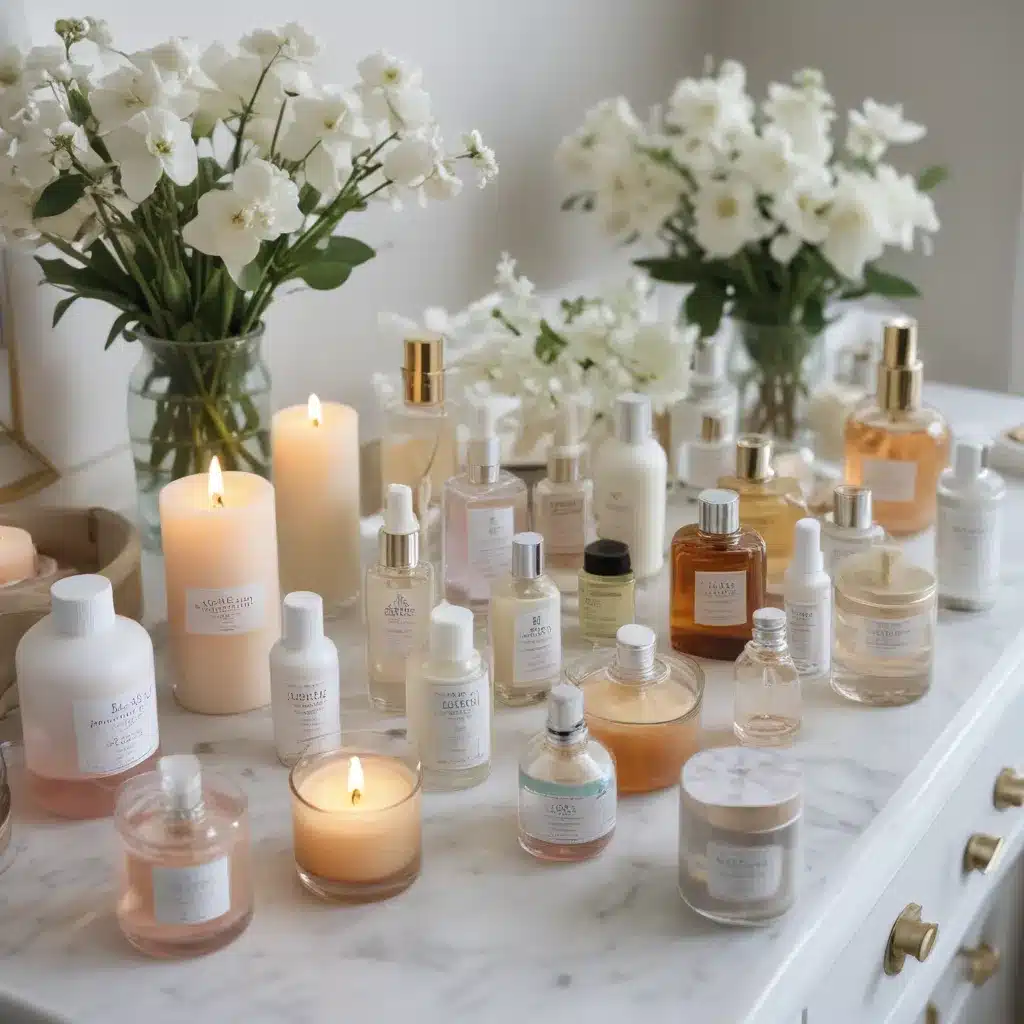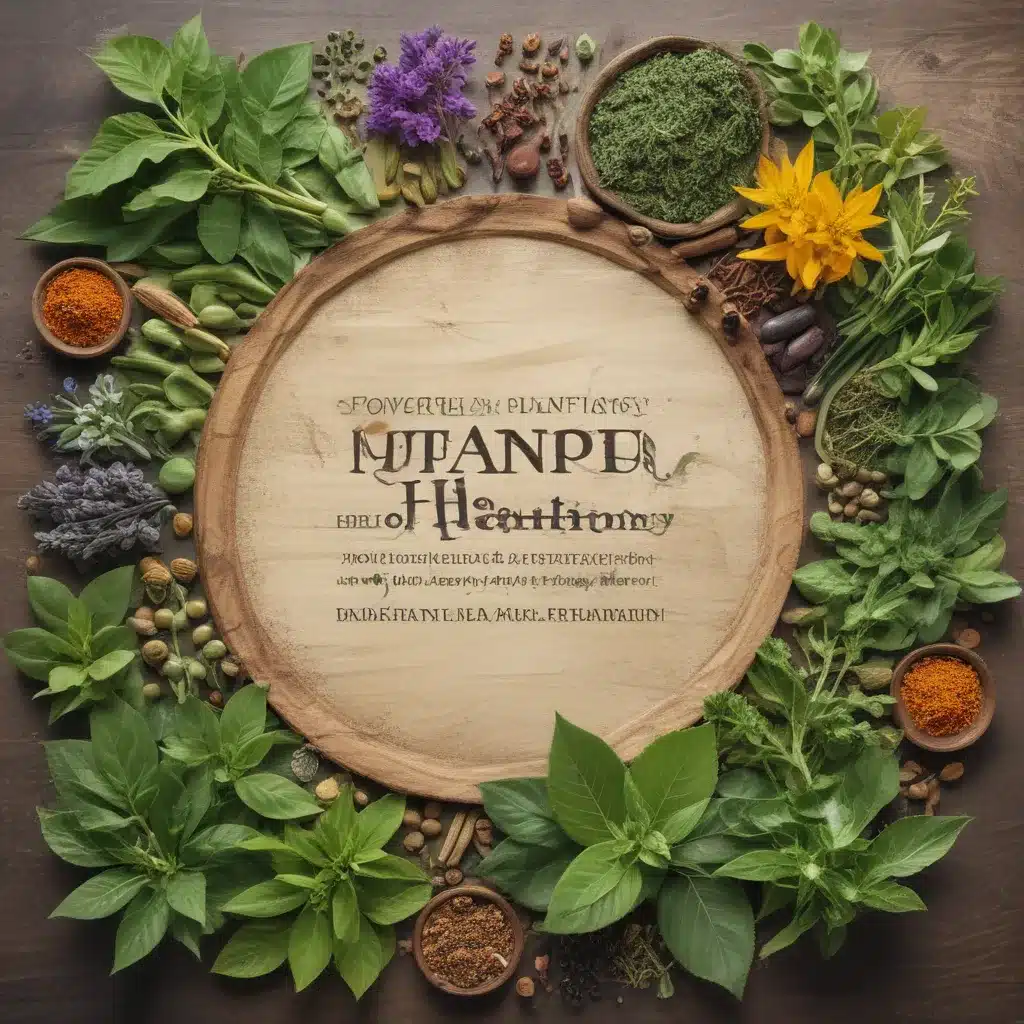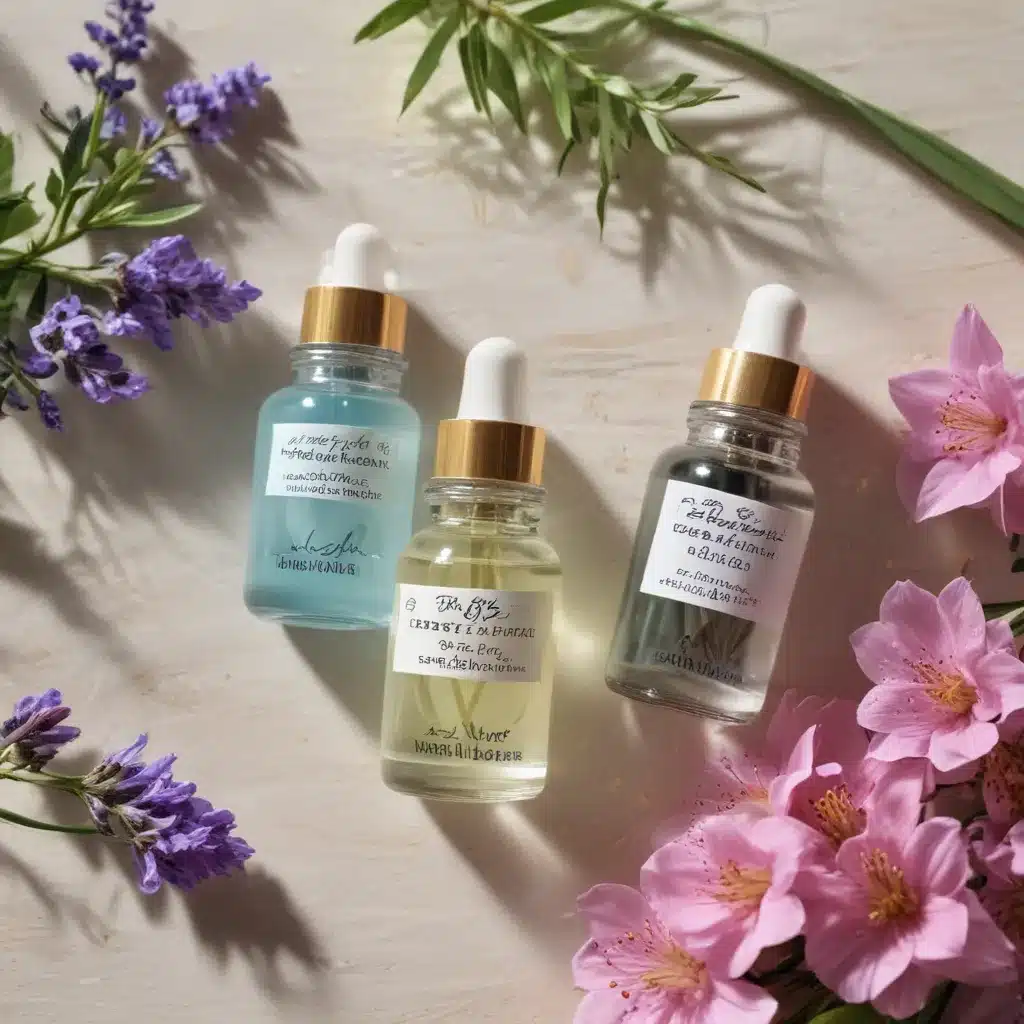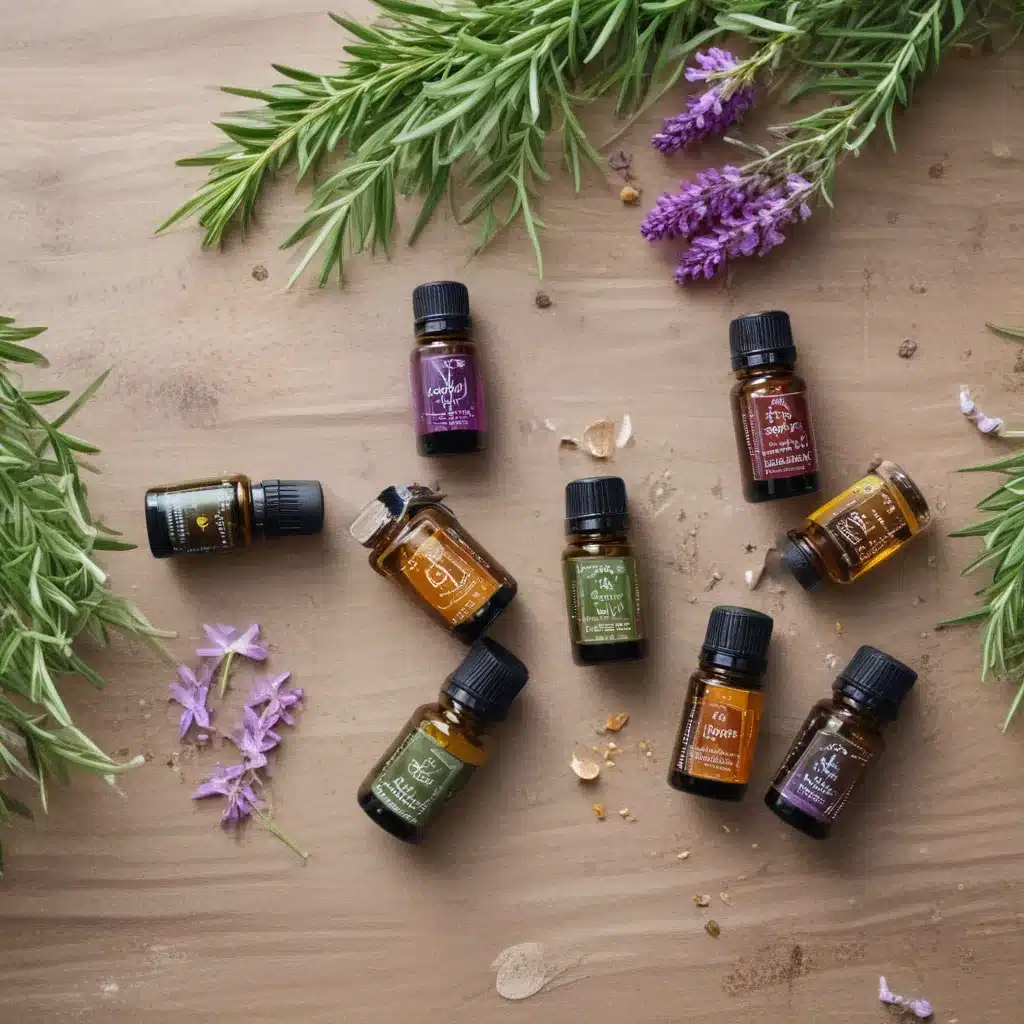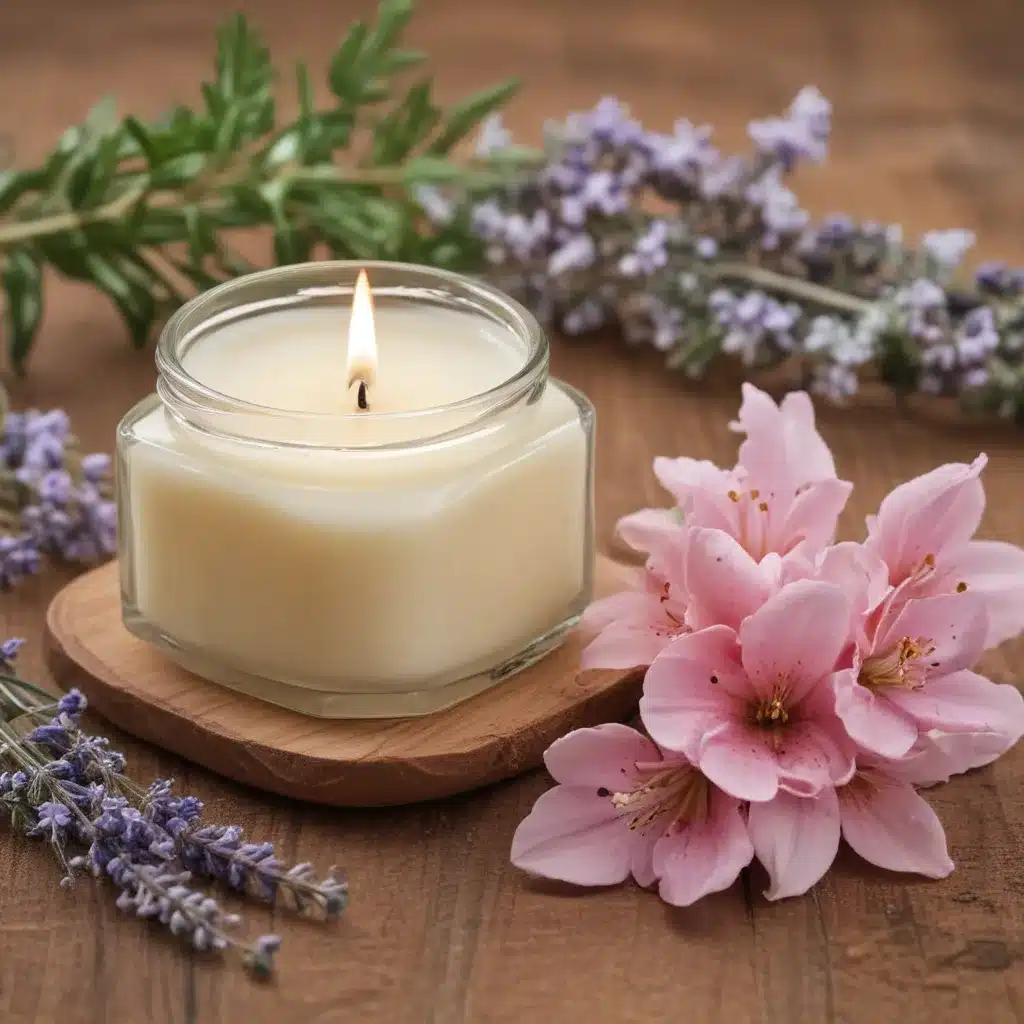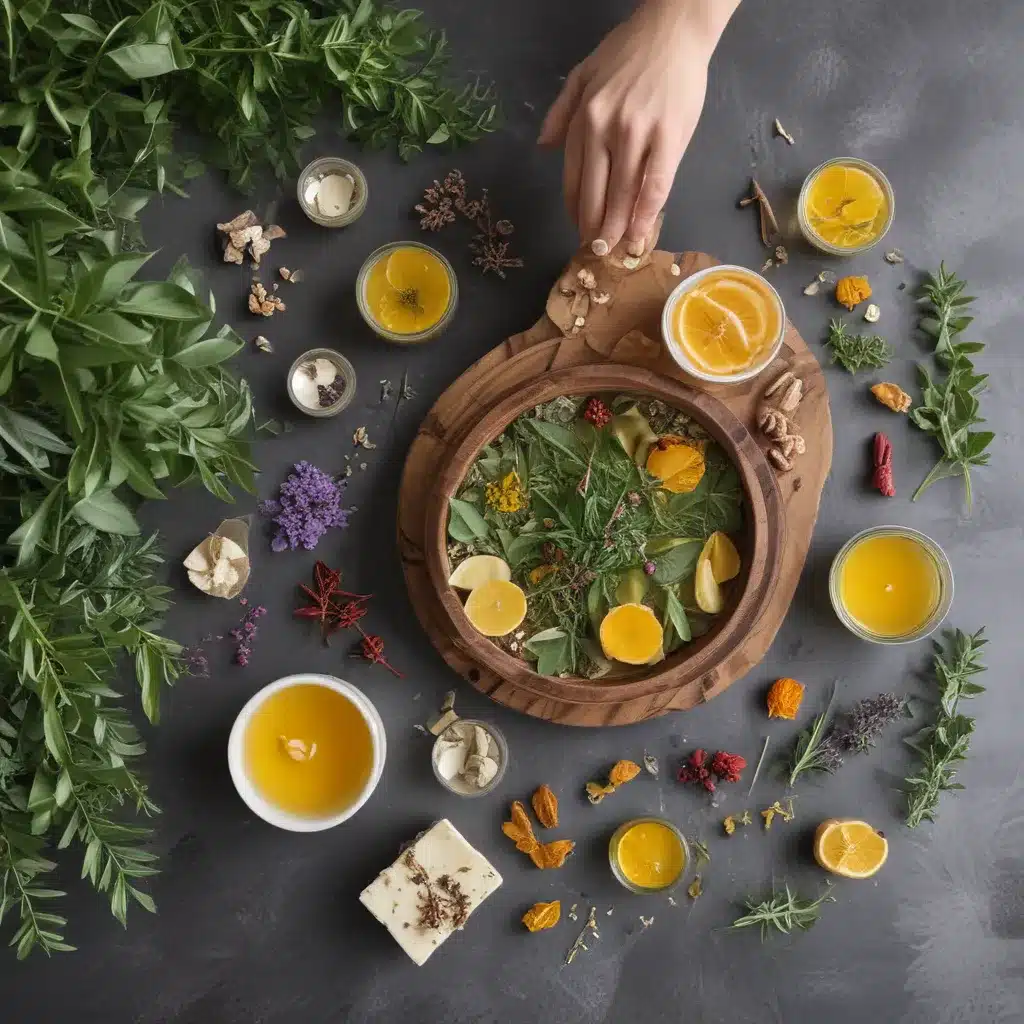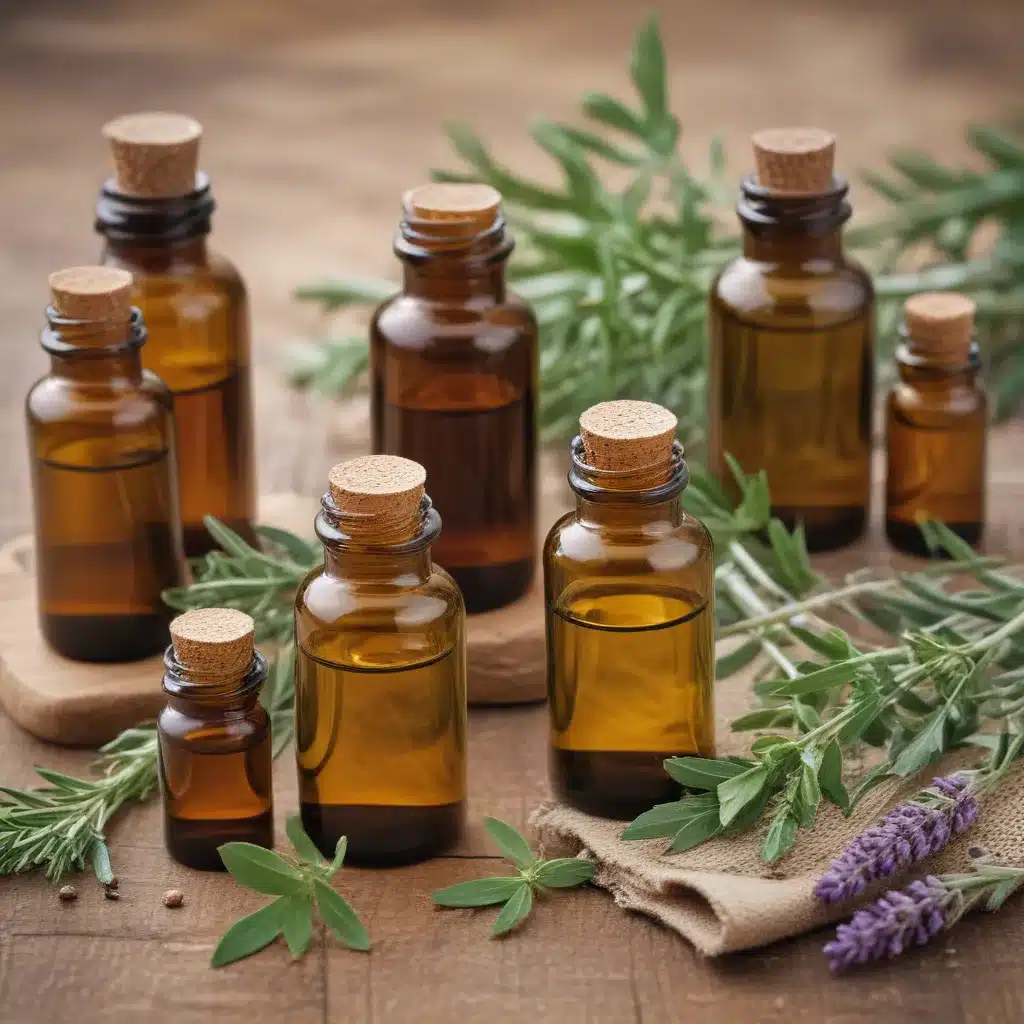
The Timeless Allure of Aromatic Remedies
Ahh, the captivating world of essential oils – where the secrets of ancient civilizations come alive in a symphony of scents. As I delve into this enchanting topic, I can’t help but feel a sense of wonder and excitement. After all, the use of aromatic plant extracts for healing and wellness has been a part of human history for millennia.
Let me take you on a journey through the ages, exploring how diverse cultures around the globe have harnessed the power of these precious oils. From the Egyptians’ sacred rituals to the Ayurvedic traditions of India, the aromatic elixirs of the past have endured the test of time, and for good reason. These natural wonders have the remarkable ability to soothe the mind, nourish the body, and even uplift the spirit.
Uncovering the Ancient Roots of Aromatherapy
Imagine stepping back in time, to a world where the fragrance of frankincense and myrrh filled the air, and the wisdom of the ages was passed down through generations. That’s precisely the realm we’re about to explore.
The roots of aromatherapy can be traced back to ancient civilizations, where the use of essential oils was woven into the fabric of daily life. In Egypt, for instance, these precious liquids were not only used for perfumes and cosmetics but also played a vital role in religious ceremonies and mummification processes. The Egyptians believed in the potent healing powers of certain oils, and they incorporated them into their holistic approach to wellness.
Moving eastward, we find the Ayurvedic tradition of India, which has long revered the restorative properties of essential oils. Practitioners of this ancient system of medicine have utilized the aromatic essences of herbs, flowers, and spices to promote balance and harmony within the body, mind, and spirit. From the calming effects of sandalwood to the invigorating properties of peppermint, these natural remedies have been harnessed for centuries to address a wide range of ailments.
Uncovering the Ancient Roots of Aromatherapy
But the story of essential oils doesn’t end there. Let’s journey to the Middle East, where the alluring scents of frankincense and myrrh have captured the imagination of people for millennia. These sacred resins, harvested from certain trees, were not only used in religious ceremonies but also prized for their remarkable healing abilities. Frankincense, for instance, has been shown to possess anti-inflammatory and antiseptic properties, making it a valuable tool in the ancient healer’s arsenal.
Moving further east, we encounter the rich tapestry of Traditional Chinese Medicine (TCM), which has long incorporated the use of essential oils into its holistic approach to wellness. From the calming effects of lavender to the invigorating properties of citrus, these aromatic wonders have been utilized to restore balance and promote overall well-being. The practitioners of TCM have meticulously studied the intricate relationships between various essential oils and the human body, passing down this invaluable knowledge through the ages.
Harnessing the Power of Aromatherapy
As we delve deeper into the world of essential oils, it becomes clear that these natural treasures have stood the test of time for a reason. The ancient civilizations that embraced them understood the profound impact they could have on physical, emotional, and spiritual well-being.
Take, for example, the use of lavender in ancient Greece. The Greeks recognized the calming and soothing properties of this versatile oil, and they often used it to promote relaxation and reduce stress. Similarly, the Romans were known to incorporate the scent of rosemary into their bathing rituals, believing it to enhance memory and cognitive function.
But the benefits of essential oils extend far beyond the realms of mental and emotional well-being. Many ancient cultures also harnessed their powerful antimicrobial and antiseptic qualities. The Egyptians, for instance, used oils like tea tree and cinnamon to prevent infection and promote healing in their medical practices.
Exploring the Diverse Applications of Essential Oils
As we continue our journey through the rich tapestry of ancient aromatherapy, we discover that the application of these precious oils extended far beyond the realms of personal wellness. In fact, many civilizations recognized their versatility and incorporated them into various aspects of daily life.
In ancient Rome, for example, the aromatic essences of lavender, rose, and jasmine were often used to scent public baths and other communal spaces, creating a calming and uplifting atmosphere for the populace. Similarly, the Chinese have long used essential oils in their culinary traditions, utilizing the unique flavors and aromatic properties of oils like ginger, cinnamon, and citrus to enhance the taste and experience of their dishes.
But the applications of essential oils didn’t stop there. Many ancient cultures also recognized their potent insect-repelling properties, using them to protect their homes and crops from pests. The ancient Egyptians, for instance, were known to burn frankincense and myrrh to ward off unwanted insects, while the ancient Greeks utilized the scent of sage to keep mosquitoes at bay.
Unlocking the Mysteries of Essential Oil Therapy
As we delve deeper into the world of ancient aromatherapy, it becomes clear that these natural wonders were not merely used for their pleasant scents, but rather as powerful tools for holistic healing and well-being. The diverse cultures that embraced them understood the intricate relationships between the aromatic essences of plants and the human body, mind, and spirit.
Take, for instance, the use of frankincense in ancient Ayurvedic practices. This sacred resin was believed to promote spiritual enlightenment and inner peace, while also possessing anti-inflammatory and analgesic properties that could alleviate physical ailments. Similarly, the ancient Egyptians utilized the uplifting and energizing properties of citrus oils to combat fatigue and boost mood, recognizing the profound impact that these aromatic essences could have on the emotional and psychological well-being of the individual.
But the power of essential oils didn’t stop there. Many ancient cultures also recognized their ability to enhance intuition and heighten spiritual awareness. The ancient Greeks, for example, used the scent of sage to induce a state of heightened consciousness and facilitate communication with the divine. Meanwhile, the ancient Mayans incorporated the use of copal resin into their sacred rituals and ceremonial practices, believing it to connect them to the spiritual realm and promote a deeper understanding of the universe.
Experiencing the Transformative Power of Essential Oils
As I reflect on the rich tapestry of ancient aromatherapy, I can’t help but feel a deep sense of awe and reverence for the timeless wisdom of these bygone civilizations. The way they harnessed the power of essential oils to enhance physical, emotional, and spiritual well-being is truly remarkable.
And the best part? This ancient knowledge is still relevant and applicable today. In fact, the growing interest in holistic and natural approaches to health and wellness has sparked a renewed appreciation for the transformative power of essential oils. Aromessential.com, for instance, is a wonderful resource for those looking to explore the wonders of these natural treasures and incorporate them into their daily lives.
So, what are you waiting for? Embark on your own journey of aromatic discovery and unlock the secrets of ancient wellness. Who knows, you might just find that the timeless wisdom of the past holds the key to your modern-day well-being. The possibilities are endless, and the transformative power of essential oils is waiting to be experienced and embraced.


